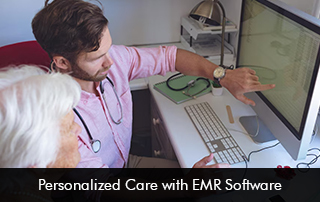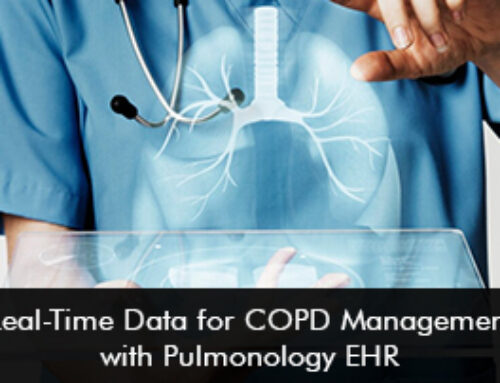The concept of the individual approach has been adopted as one of the most crucial areas for the achievement of better effectiveness of healthcare delivery. Personalized care makes people attract more individualized attention and offers better-efficient customer-oriented medical care. Electronic Medical Records (EMR) Software is a vital tool in delivering individual patient care as it provides options and interfaces through which caregivers can meet the specifications of every patient.
What is Personalized Patient Care?
Personalized care is a treatment regime that involves interpreting a patient’s requirements depending on their origin, family history, gender, and other physical traits. It is different from a one-size-fits-all approach. Personalized care considers that each patient is different from the other and, therefore, needs individual management and treatment.
How is EMR Software Useful In Delivering Patient-Centered Care?
Availability of Complete Patient Profiles
EMR Software brings together the patient’s key demographic details. These include clinical background details, drug and food allergy list, list of medications the patient has had in the past, and laboratory test results. This information-led approach allows providers to make decisions and develop effective treatments.
Data Analytics Tools
Robust analytics tools in EHR Software can be used to diagnose the likely needs of the patient. Such insights are the following: for example, analytics can identify patients who need interventions aimed at preventing chronic diseases.
Customizable Care Plans
Most of the EMR systems give the providers the right to develop care plans that are in tune with specific patients’ needs. Functions such as D/R, scheduling the follow-up visit, and numerical and graphical follow-ups make patients active in their treatment.
Patient Engagement Tools
Patient Engagement solutions in Electronic Medical Records Software help to boost patient satisfaction scores. Tools such as user-friendly electronic access to personal records, availability of educational materials, and communications within the providers act as participation tools.
Integration with Genomic Data
State-of-the-art EMR Software can include genomic information in the record, providing options for precision medicine. Molecular information can be employed in managing a patient’s condition and this is very important in the treatment of diseases including cancer and infections.
The Future of Personalized Care with EHR Software
EMR Software will persist in shaping individual and peculiar approaches as technology advances. Features such as artificial intelligence for decision-making support systems, wearable device interfacing, and telemedicine shall add value to the ability to offer personalized care. Healthcare providers with EHR Software can redefine patient experience.







